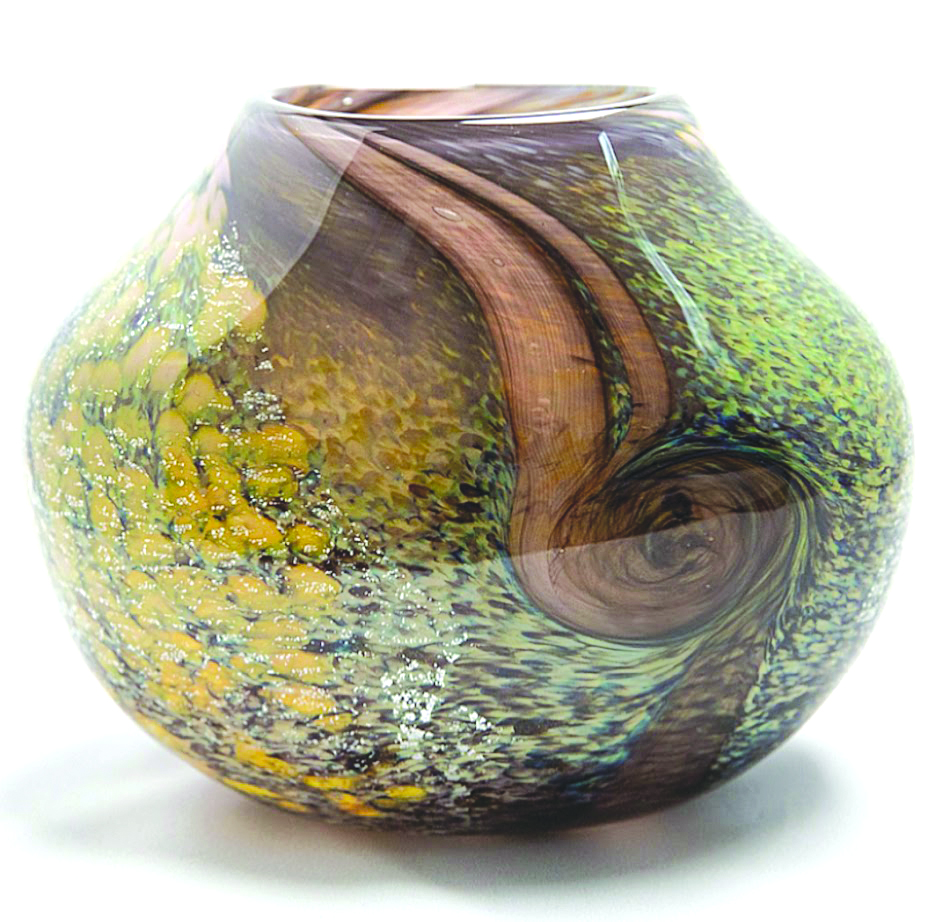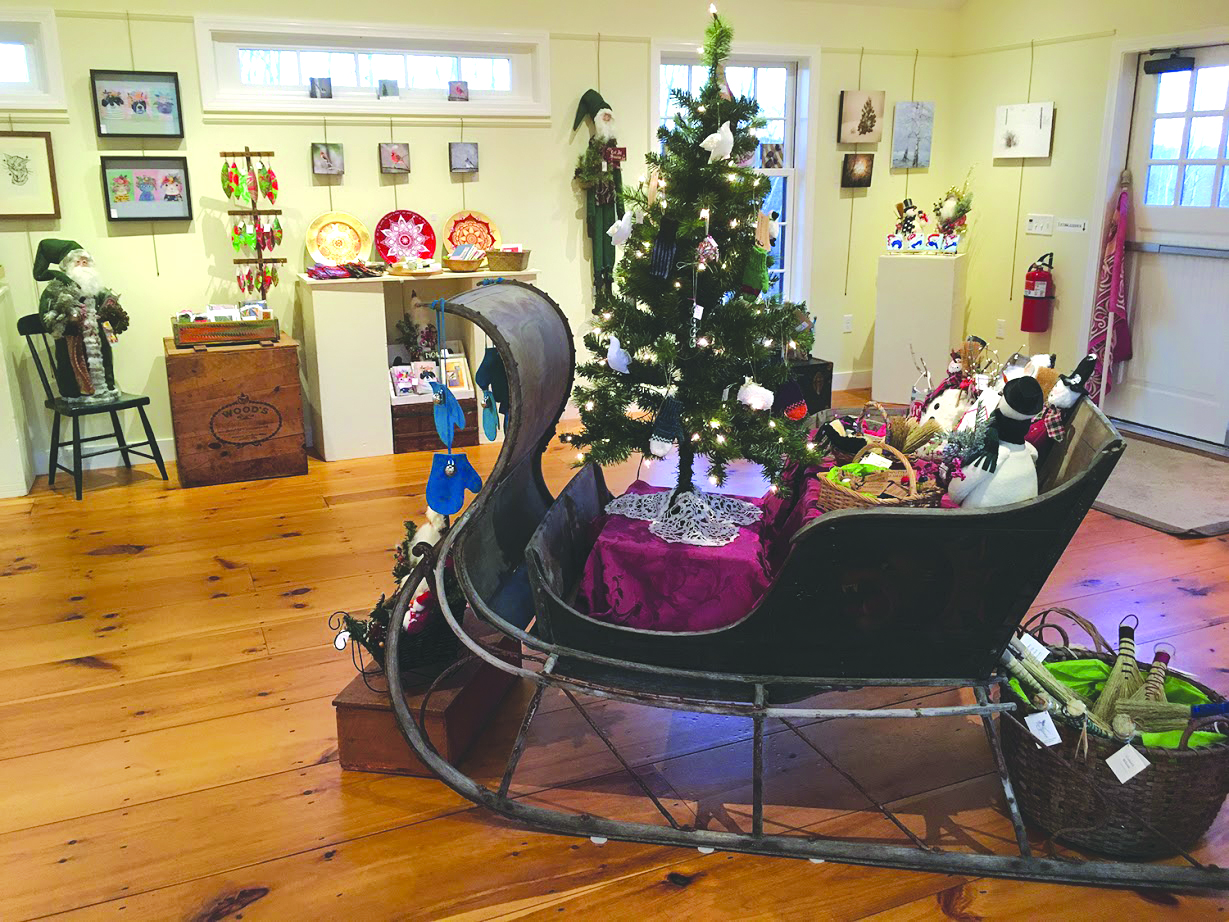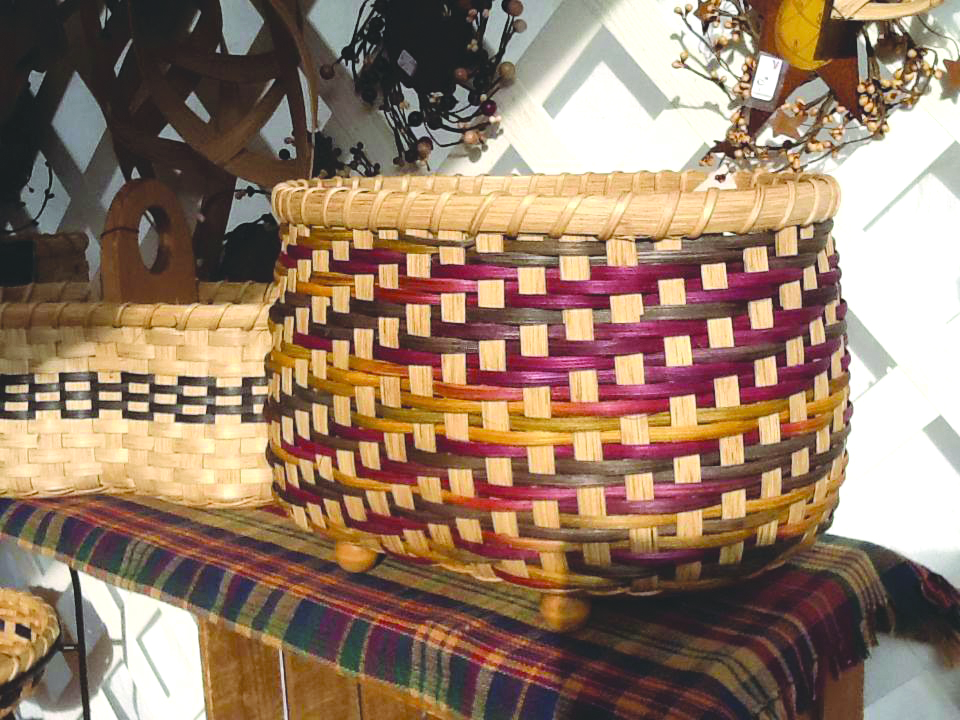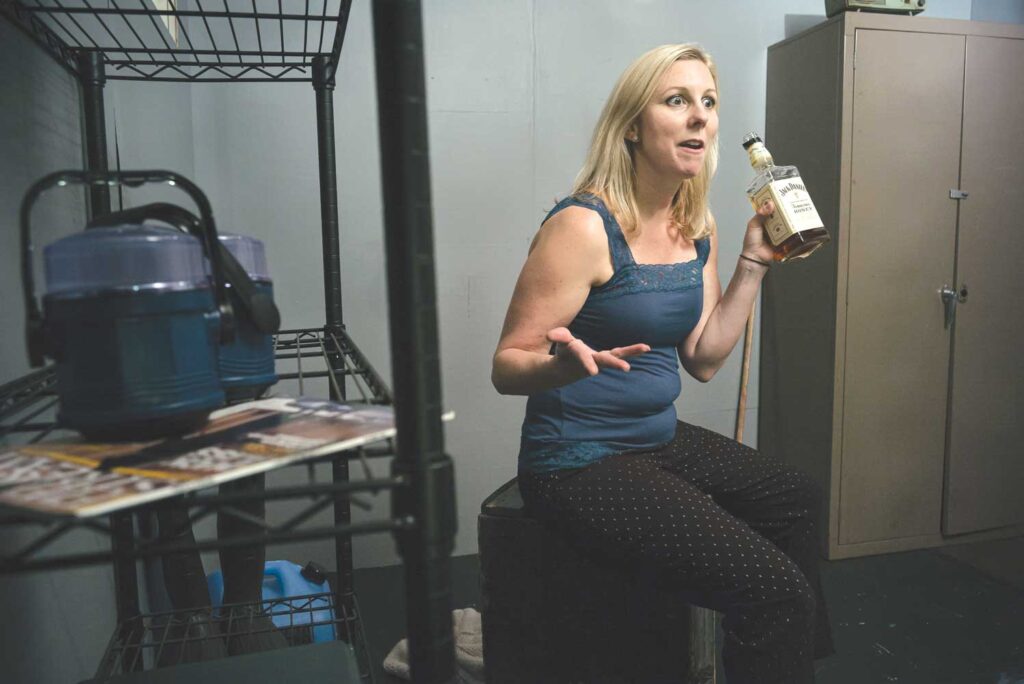Wimpy Kid author visits Concord and Exeter
Jeff Kinney, bestselling author of the Diary of a Wimpy Kid series, is partnering with local bookstores to host two “Drive-Thru Pool Parties” in New Hampshire to celebrate the series’ 15th title, The Deep End, which was released Oct. 27. Additionally, he’ll be paying a special visit to one of his biggest fans, Cam, a sixth-grader at Rundlett Middle School in Concord. Kinney talked about the new book and tour.
What is the Diary of a Wimpy Kid series about?
Diary of a Wimpy Kid follows the trials and tribulations of a middle school weakling named Greg Heffley. The series is a little bit different from ordinary books because each book is a mix of text or handwritten text and cartoon drawings.
And the new book?
The new book, which is called The Deep End, starts off with the family in quarantine — not Covid-19-related quarantine, but quarantine nonetheless, because they’re having home renovations done at their house, and they’re living in the grandmother’s basement. Then, the family gets their hands on an RV and takes off for an epic camping trip.
Is Wimpy Kid autobiographical?
The books are semi-autobiographical. They often start off with real-life stories, and then those stories get really exaggerated and changed for comic effect. I would say that the DNA of my childhood is in these stories, even if the stories aren’t exactly true.
Did you ever think the series would be so popular?
No, I never thought that this would happen. I had hopes that the books would get published and hopes that they would take off, but I never had any expectations. Just a few minutes ago, I found out that the book is the No. 1 book in the country, so that’s really cool.
What’s going on at the pool parties?
They’re drive-through events geared for a Covid world. We feel that they’re really safe for kids. The kids and their families stay in cars with masks. I hand kids their books on a six-foot pool skimmer pole. There are some activities, like the kids are going to get to drive through a car wash-type tunnel that feels like you’re at the bottom of a swimming pool. At the end, I hit their car with a water balloon, and there’s music and a kind of happy atmosphere to it.
And your visit with your fan, Cam?
We’ve asked bookstores to identify fans of the series who might like to have some fun, and we’ve been visiting their homes, and we do a water balloon toss and some other activities. The grand finale is that we fire off a water balloon launcher that shoots water balloons like 100 yards. It’s just an unusual and fun and special experience. It’s been really fun for us. I’m traveling with a team of three, and these events tend to be our favorite part of the day.
What is it like for you, meeting young fans?
It’s really special when there’s a kid who seems especially excited to meet me, especially during this time when kids don’t have a lot to look forward to. You can see that that connection is really important. It’s energizing for the kids, and it’s energizing for me, as well. … I’m 15 books in, so when I started Diary of a Wimpy Kid in 1998, of course these kids weren’t born, and their parents probably hadn’t even met yet, so it’s been really cool to get waves of new fans and meet generations of new fans.
Did you always want to be a children’s author?
I didn’t know. I wanted to be a newspaper cartoonist, and I sort of fell into this. When I wrote [the first book] Diary of a Wimpy Kid, it took me eight years. … I had one big book which was 1,300 pages long … and the whole time, I was thinking I was writing for an audience of adult comic-lovers. I wasn’t thinking about kids at all. When my publisher got their hands on the book that I wrote, they said that they saw it as a children’s series, and that was a surprise to me. … It really took me a while to adjust to this idea that I was writing for kids and that there would be multiple books.
Do you have kids of your own?
I do. I have a 17-year-old and a 15-year-old, both boys.
Did they inspire any of your Wimpy Kid stories?
Every so often they’ll give me an idea. … I think mostly, having had kids has given me another crack at childhood. It’s given me a chance to see childhood again, and that’s been really fun to experience both as a parent and as a writer.
What are your future plans for the series?
I’d like to get to at least book No. 20. We’re also working on an animation now for Disney+. Hopefully these books will reach a whole new generation of readers in the next few years.
The Deep End Pool Parties with Jeff Kinney
• Thursday, Nov. 12, 5 to 7 p.m. at Lincoln Street Elementary School, 25 Lincoln St., Exeter. Hosted by Water Street Bookstore. Visit waterstreetbooks.com.
• Friday, Nov. 13, 5 to 7 p.m. at Rundlett Middle School, 144 South St., Concord. Hosted by Gibson’s Bookstore. Visit and gibsonsbookstore.com.
Tickets cost $14.99 and must be purchased in advance through Eventbrite.
Exhibits
• “MANCHESTER’S URBAN PONDS: PAST, PRESENT, AND FUTURE: A CELEBRATION OF THE MANCHESTER URBAN PONDS RESTORATION PROGRAM’S 20TH ANNIVERSARY” Through its cleanup efforts, the Manchester Urban Ponds Restoration Program has helped restore the city’s ponds to their historic uses. The exhibit provides a look at the history of some of those ponds, including Crystal Lake, Dorrs Pond, Maxwell Pond, Nutts Pond, Pine Island Pond and Stevens Pond. State Theater Gallery at Millyard Museum, 200 Bedford St., Manchester. On view now through Nov. 28. Museum hours are Tuesday through Saturday, from 10 a.m. to 4 p.m. Admission costs $8 for adults, $6 for seniors age 62 and up and college students, $4 for youth ages 12 through 18 and is free for kids under age 12. Call 622-7531 or visit manchesterhistoric.org/millyard-museum.
• “MOMENTS IN NATURE” The New Hampshire Art Association presents oil paintings by BJ Eckardt. Concord Chamber of Commerce Gallery, 49 S. Main St., Concord. On display now through Dec. 17. Visit nhartassociation.org or call 431-4230.
• “UNSEEN LIGHT” The New Hampshire Art Association presents infrared photography by Mark Giuliucci. 2 Pillsbury St., Concord. On display now through Dec. 17. Visit nhartassociation.org or call 431-4230.
• “AN EXTRAPOLATION OF CLOSE OBSERVATION” The New Hampshire Art Association presents prints and paintings by Kate Higley. 2 Pillsbury St., Concord. On display now through Dec. 17. Visit nhartassociation.org or call 431-4230.
• “BIG GIFTS IN SMALL PACKAGES” Artwork priced under $100. Presented by the Seacoast Artist Association. On display now through Dec. 26. 130 Water St., Exeter. Gallery hours are Wednesday through Sunday, 10 a.m. to 5 p.m., and by appointment. Visit seacoastartist.org or call 778-8856.
• “SMALL WORKS – BIG IMPACT” Creative Ventures Gallery’s annual holiday exhibit featuring small works of art in various media, priced affordably for gift buying. Virtual. On display now through Dec. 31. Visit creativeventuresfineart.com or call 672-2500.
• “THREADS: A COMMUNITY QUILT FOR 2020” A Portsmouth Historical Society exhibit. Discover Portsmouth, 10 Middle St., Portsmouth. On view Nov. 20 through Dec. 22. Visit portsmouthhistory.org or call 436-8433.
Theater
Shows
• THE BRITISH ROCK EXPERIENCE The Palace Theatre presents. 80 Hanover St., Manchester. Through Nov. 14, with showtimes on Thursday and Friday at 7:30 p.m., and Saturday at 2 and 7:30 p.m. Tickets cost $39 to $46 for adults, $30 for seniors age 60 and up and veterans and $25 for children. Visit palacetheatre.org or call 668-5588.
• MARY AND ME Glass Dove Productions presents. Hatbox Theatre (Steeplegate Mall, 270 Loudon Road, Concord). Nov. 13 through Nov. 22, with showtimes on Friday and Saturday at 7:30 p.m., and Sunday at 2 p.m. Tickets cost $22 for adults and $19 for seniors and students and should be reserved in advance. Visit hatboxnh.com or call 715-2315.
Classical
Events
• WILD SYMPHONY The Portsmouth Symphony Orchestra will perform the debut classical work by The Da Vinci Code author Dan Brown. The Music Hall Historic Theater, 28 Chestnut St., Portsmouth. Sun., Nov. 15, 2 p.m. Visit themusichall.org or call 436-2400.
Featured photo: Jeff Kinney. Photo by Filip Wollak.









